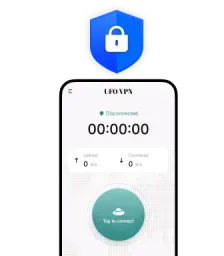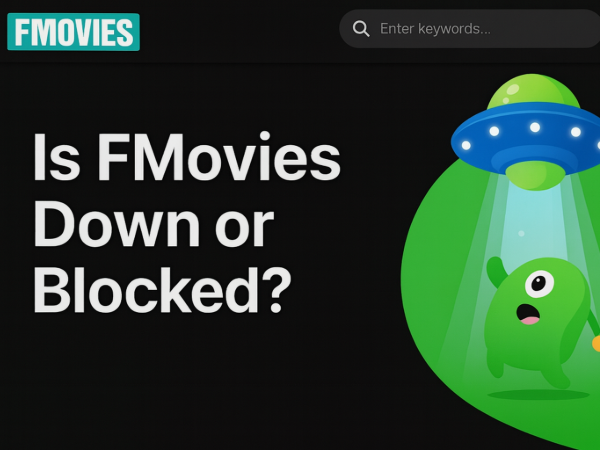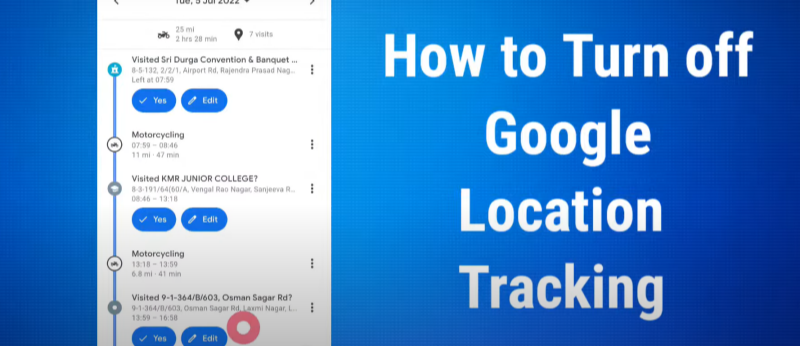What Is Tor, and How Does It Work?
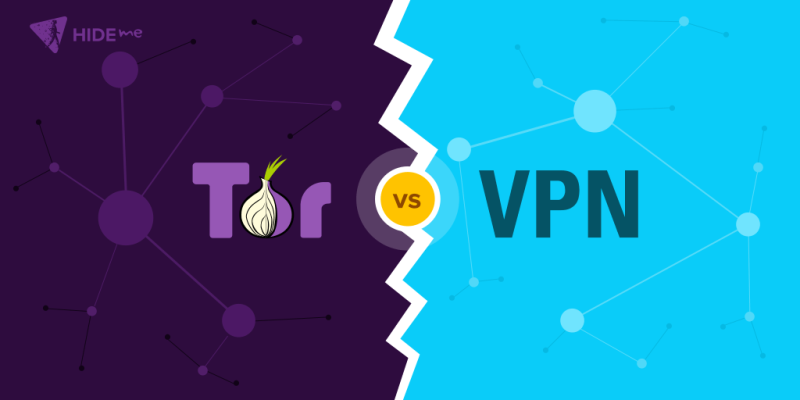
Tor, short for "The Onion Router," is a free, open-source software that enables anonymous communication over the internet. It works by routing your internet traffic through a network of volunteer-operated servers, called relays, which are spread across the globe. The data is encrypted multiple times, providing multiple layers of privacy—like the layers of an onion (hence the name "onion routing").
Key Features of Tor:
-
Anonymity: Tor hides your IP address by routing traffic through several relays, making it nearly impossible for anyone to trace your online activities back to your real location.
-
Free to Use: Tor is completely free, making it an accessible option for anyone looking for privacy.
-
Decentralized: Since it relies on volunteer-run servers, Tor is not controlled by any single entity, ensuring that no one can monitor your traffic.
Despite these benefits, Tor comes with some drawbacks, particularly related to speed and accessibility.
📖Related Reading
What Is a VPN, and How Does It Work?
A VPN (Virtual Private Network) is a tool that encrypts your internet connection and routes it through a secure server located in a different region or country. By masking your real IP address with the VPN server’s IP, it ensures that your online activities remain private. VPNs are typically used for secure browsing, bypassing geo-restrictions, and protecting your data from hackers or prying eyes.
Key Features of VPNs:
-
Strong Encryption: VPNs encrypt your internet traffic, providing a secure connection that prevents third parties (like ISPs or hackers) from accessing your data.
-
Geo-Unblocking: By changing your IP address, VPNs allow you to access content restricted to certain countries or regions (e.g., streaming services like Netflix).
-
Faster Speeds: Unlike Tor, VPNs generally offer faster connection speeds, making them ideal for streaming, gaming, and general browsing.
However, VPNs also have their own drawbacks, including the potential for data logging by some VPN providers and the fact that they are often not as anonymous as Tor.
Tor vs VPN: Which Is Better for Privacy?
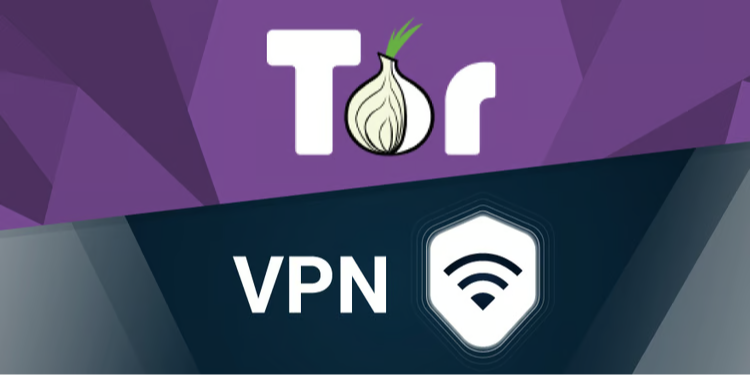
Now that we’ve looked at how both Tor network vs VPN function, let’s compare them based on key factors like privacy, speed, and security.
1. Privacy and Anonymity
-
Tor: Provides superior privacy and anonymity. Because Tor routes your traffic through multiple relays and encrypts the data multiple times, it’s nearly impossible for anyone (even Tor operators) to trace your activity back to you. Additionally, Tor does not require you to register or provide any personal information.
-
VPN: While VPNs also hide your IP address and encrypt your internet traffic, the privacy level depends on the provider. Some VPN services log user data, which could be shared with authorities if requested. It’s essential to choose a no-logs VPN to ensure maximum privacy.
Winner: Tor (for complete anonymity)
2. Speed and Performance
-
Tor: Due to its multi-layered encryption and routing through several relays, Tor is known for its slow speeds. This can be a significant disadvantage if you're looking to stream videos, download files, or game online.
-
VPN: VPNs typically offer faster speeds than Tor, especially if you choose a high-performance provider like UFO VPN. VPNs are optimized for high-speed connections and are ideal for streaming, gaming, or using any internet service that requires a stable connection.
Winner: VPN (for speed)
3. Security
-
Tor: Tor provides strong security through its encryption layers. However, if your exit node (the last relay in the chain) is compromised, your data could potentially be exposed to malicious actors. Tor is also vulnerable to timing attacks by powerful adversaries.
-
VPN: VPNs provide robust security, especially when using strong encryption methods like AES-256. UFO VPN, for instance, offers top-tier encryption and secure tunneling protocols to ensure that your data remains safe. VPNs are generally more secure than Tor when it comes to preventing hacking and malware attacks.
Winner: VPN (for enhanced security)
4. Bypassing Geo-Restrictions
-
Tor: While Tor can bypass some restrictions, its slow speeds often make it impractical for accessing geo-blocked content like streaming services. Additionally, some websites may block traffic from known Tor exit nodes.
-
VPN: A VPN is excellent for bypassing geo-blocks. It allows you to connect to servers in different countries, effectively bypassing location-based restrictions on websites and services like Netflix, Hulu, and BBC iPlayer.
Winner: VPN (for accessing geo-restricted content)
Tor with a VPN: The Best of Both Worlds?
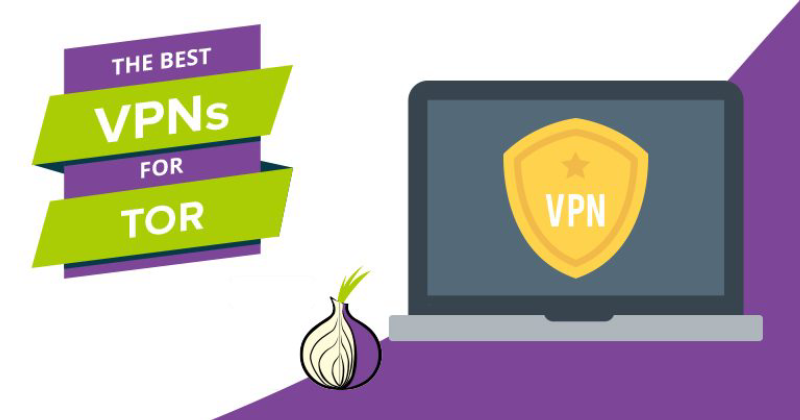
You might be wondering: Can I use Tor with a VPN to get the best of both worlds? The answer is yes, and it can offer extra layers of privacy and security. Here's how it works:
-
Using a VPN before Tor: This setup ensures that your ISP can’t even see that you’re using Tor, as it will only see the encrypted VPN traffic. This provides an extra layer of anonymity.
-
Using Tor before a VPN: This setup lets you use Tor’s anonymity features while still benefiting from the security and privacy that a VPN offers. However, this can result in slower speeds, as you're combining two privacy tools.
While this combination is highly secure, it can also be slow, so it’s essential to weigh the need for privacy versus performance.
Why Choose Best free VPN for Your Privacy Needs?
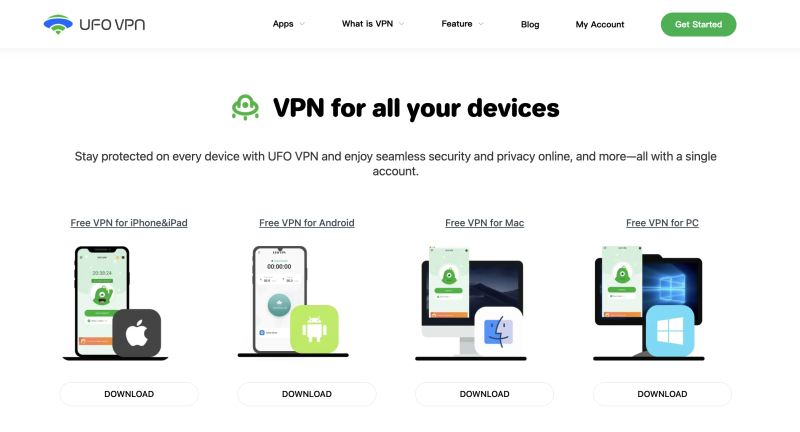
While Tor network vs VPN offers distinct benefits, combining UFO VPN with Tor—or even using it alone—ensures the best privacy and security. Here’s why:
-
No-Logs Policy: UFO VPN adheres to a strict no-logs policy, ensuring that your online activity is never stored or shared.
-
Top-Tier Encryption: UFO VPN uses AES-256 encryption to protect your data from hackers, ensuring a secure connection.
-
Global Server Network: With servers in over 50 countries, UFO VPN allows you to bypass geo-restrictions and access content from any region.
-
Fast and Reliable: Unlike Tor, UFO VPN provides fast connection speeds, making it perfect for streaming, gaming, and browsing securely.
How to safely download UFO VPN
With 3000+ server in over 100 countries, UFO VPN is open to download as a free iPhone VPN, free Android VPN(with VPN APK), free Windows VPN and free Mac VPN. Install the app and sign up or log in.
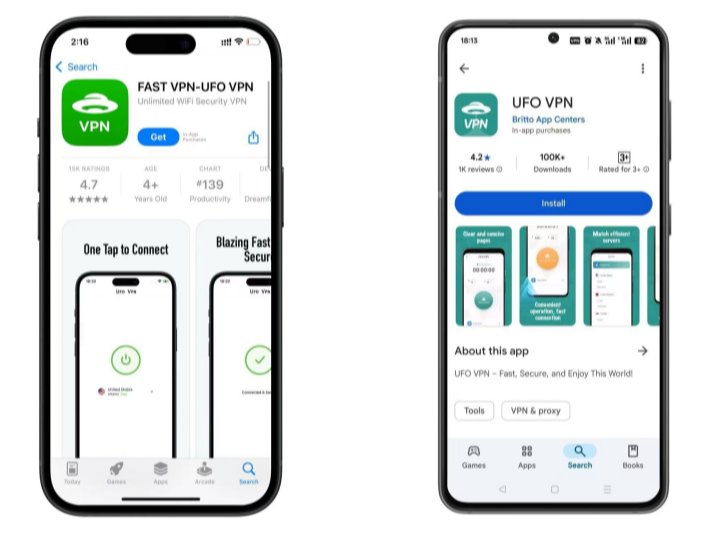
Open the app, choose a free server locationwhere your desired streaming/gaming/browsing platform is available.
We recommend free USA VPN, free UK VPN and free Australia VPN.
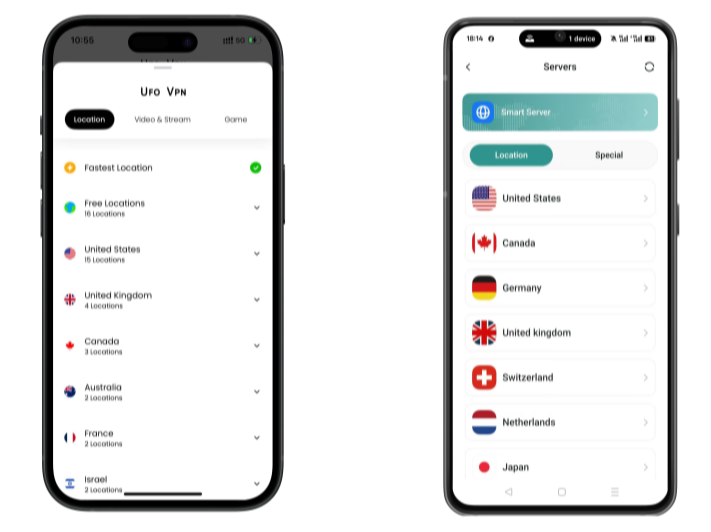
Pro Tip
UFO VPN is compatible with popular platforms in gaming and streaming as CODM VPN, PUBG VPN, Netflix VPN and more!
After connecting, visit What is My IP tool to see your current location and ensure your real IP is visible.
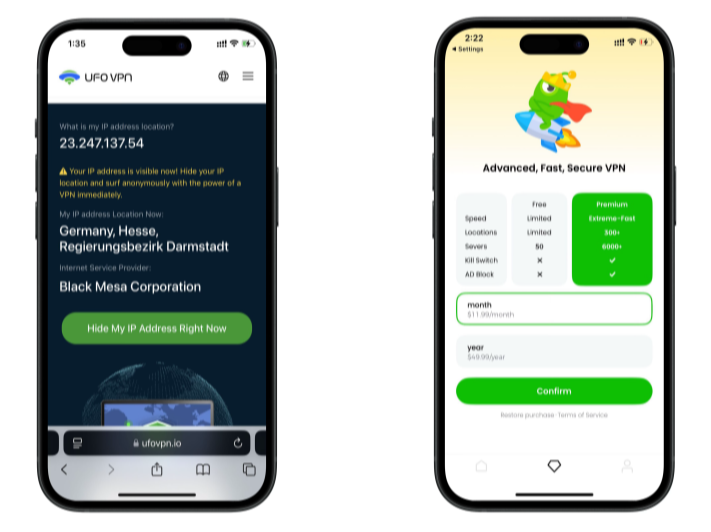
With all set, visit your favorite platform and start browsing without geo-blocks or buffering!

Frequently Asked Questions (FAQ)
Q1: Can Tor really guarantee complete anonymity?
While Tor offers strong anonymity by hiding your IP address and encrypting your traffic multiple times, it is not foolproof. Tor exit nodes can potentially expose your data, and sophisticated attackers may perform timing attacks.
Q2: Can a VPN bypass geo-blocking?
Yes, a VPN is an excellent tool for bypassing geo-blocks. By connecting to servers in different regions, you can access content restricted to those areas.
Q3: Is it safe to use Tor with a VPN?
Yes, using Tor with a VPN can enhance your security and anonymity, although it may reduce your internet speed. Make sure to choose a reputable VPN provider like UFO VPN for the best results.
Q4: What’s better: using Tor or a VPN?
It depends on your needs. For maximum anonymity, Tor is superior. However, for speed and security, VPNs like UFO VPN provide the best protection.
Q5: Can I use UFO VPN on all my devices?
Yes, UFO VPN supports all major devices, including Windows, Mac, iOS, Android, and even routers. This makes it easy to secure all your devices with one account.
Conclusion
When comparing Tor network vs VPN, it’s clear that both tools have their strengths and weaknesses. Tor excels at providing anonymity, while VPNs, like UFO VPN, offer better security, speed, and access to geo-restricted content. Depending on your needs, you may even choose to combine Tor with a VPN for the ultimate privacy setup. However, for most users, UFO VPN provides a reliable, fast, and secure solution to keep your online activities private and unrestricted. Take control of your privacy today with UFO VPN!

